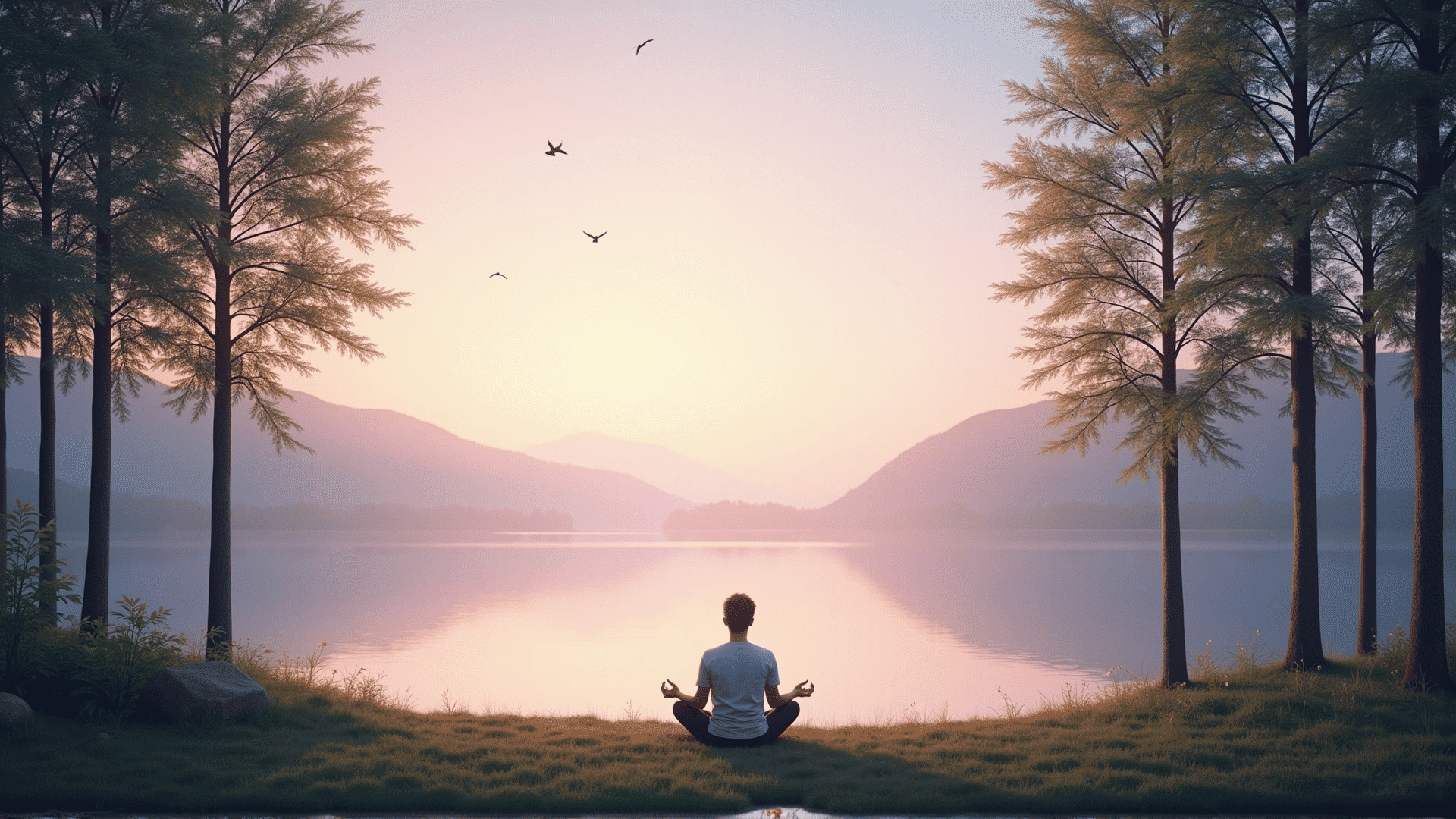In today’s bustling world, finding moments of peace can seem elusive. Yet, incorporating mindfulness and meditation techniques into daily life can provide a profound sense of tranquility and focus. This approach is not just about temporary relief but fostering enduring emotional wellness and life balance.
Mindfulness begins with focusing fully on the present moment, acknowledging thoughts and feelings without judgment. Simple activities such as mindful breathing—where one concentrates on each inhalation and exhalation—can anchor the mind and reduce stress. This practice encourages living in the 'now,' diminishing the constant chatter of worrying thoughts about past or future events.
On the other hand, meditation serves as a structured practice, often involving sitting quietly and concentrating on a particular object, thought, or activity. Techniques vary, but common practices include focusing on breathing, repeating a mantra, or even visualizations. Purposeful meditation exercises have been shown to decrease anxiety, enhance concentration, and create emotional resilience. With regular practice, even a few minutes a day can create a more serene mental state.
For those beginning their journey, starting small is key. Initially dedicating just five to ten minutes daily to these practices can make them seem less daunting and more sustainable. Over time, individuals may find that they naturally want to extend these periods as they experience the benefits.
An integral part of mindfulness is accepting that thoughts will wander. This is a natural part of the process. The goal is to gently bring attention back to the point of focus, whether it's the breath, a sound, or a mantra. This practice strengthens the ability to concentrate and stay present over time.
Incorporating mindfulness and meditation into one's routine may at first be challenging, especially in a culture that prizes constant productivity. Yet, as more individuals take on these practices, they often find a corresponding increase in their productivity, not a decrease. A calm mind is better equipped to tackle challenges effectively and creatively.
Moreover, these practices are accessible to everyone, regardless of age or background. They require no special equipment, making them practical tools in any environment. Whether sitting at a desk, walking in a park, or standing in line, moments for mindfulness abound throughout the day.
Mindfulness and meditation are invaluable tools for cultivating a balanced mind and healthy emotional state. As individuals become more attuned to their internal landscapes, they often find themselves responding to their external world with greater clarity and compassion. Through consistent practice, the benefits of a peaceful mind ripple outward, enhancing every aspect of life.
